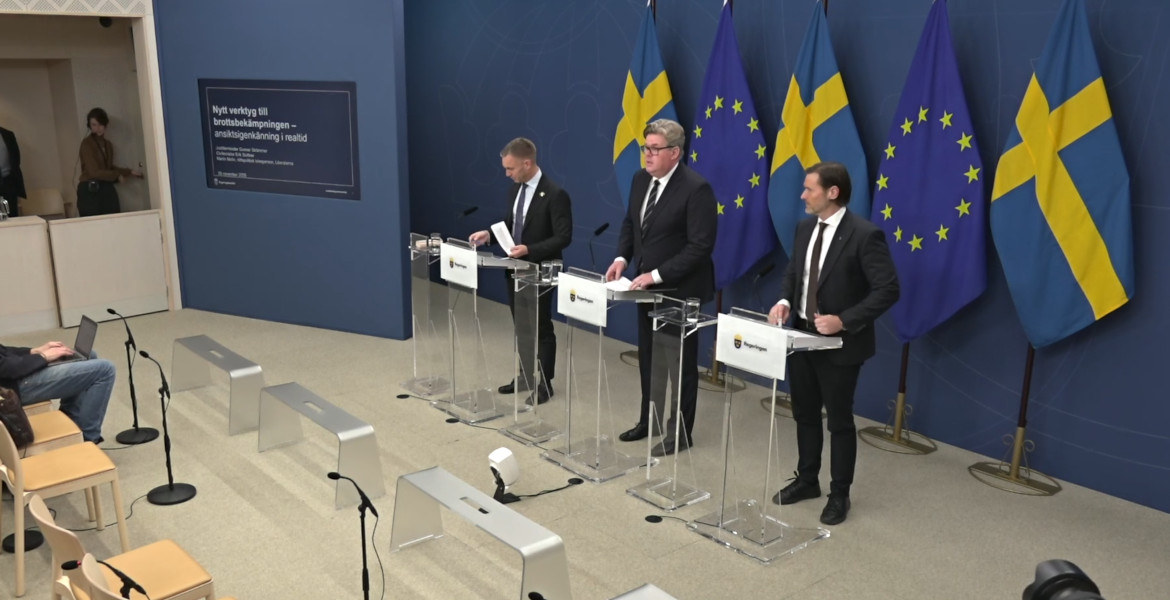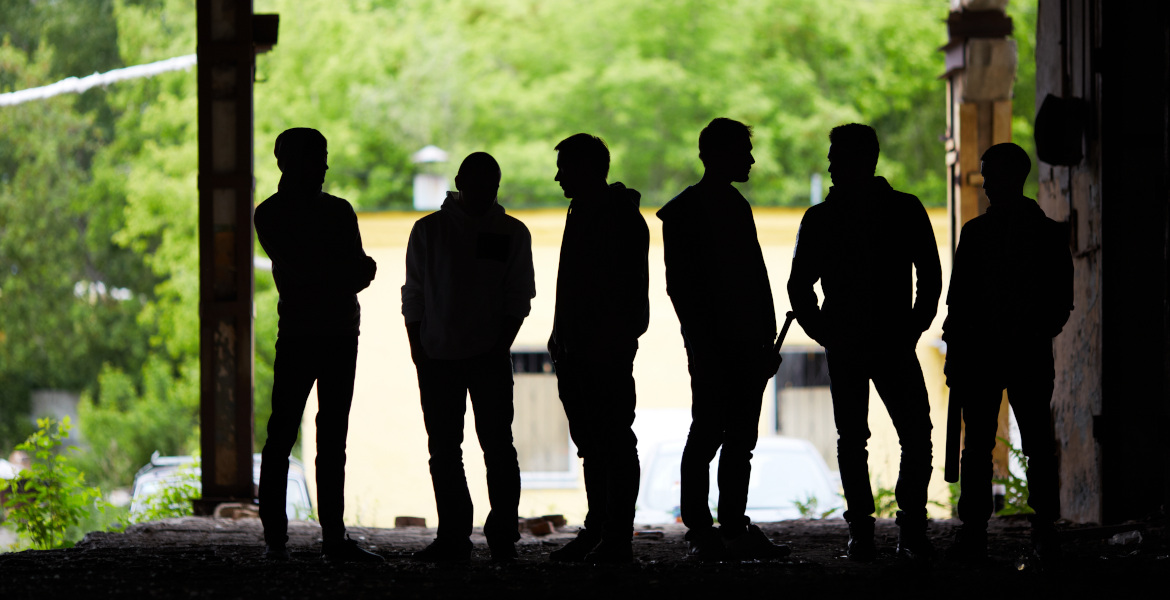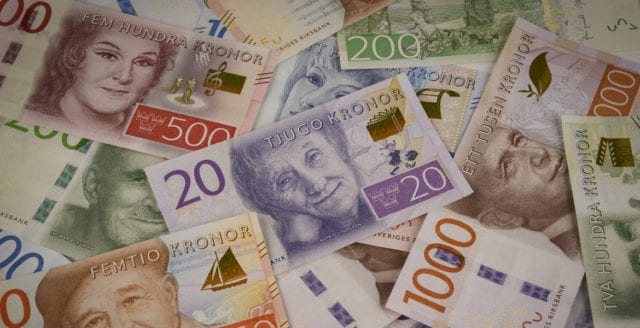The number of rail kilometres per inhabitant in Sweden will decrease by 14% between 2005 and 2021, while the number of inhabitants will increase by one million during the same period.
COWI compared the number of rail kilometres per million inhabitants in European countries during the same period. It concluded that Sweden is one of the countries with the most negative development of rail density. Railways were also examined at regional level, where it was found that they decreased by 17 per cent in Skåne, 19 per cent in West Sweden and 24 per cent in Stockholm. The Stockholm region ranks 130th out of 134 regions compared. Only the counties of Västernorrland and Jämtland were the regions where the number of kilometres of railway per million inhabitants increased.
− This clearly shows that investment in infrastructure in Sweden has been insufficient over the period. We also know that maintenance of the existing infrastructure has been inadequate. This is a worrying development because we know that investment in the railways plays an important role in our growth and in achieving climate and sustainability goals, Anders Wiktorson, CEO of COWI in Sweden, tells trade magazine Järnvägsnyheter (Railway news).
Wiktorson believes it is necessary to set a GDP target for infrastructure investment. Between 2013 and 2022, Sweden will spend about 0.7 per cent of GDP on infrastructure, which is lower than before. By comparison, in the 1960s, for example, the maximum amount spent on infrastructure was four per cent of GDP.
− The government should consider setting a clear target for infrastructure investment as a percentage of GDP, just as it does for R&D and defence, says Wiktorson.





